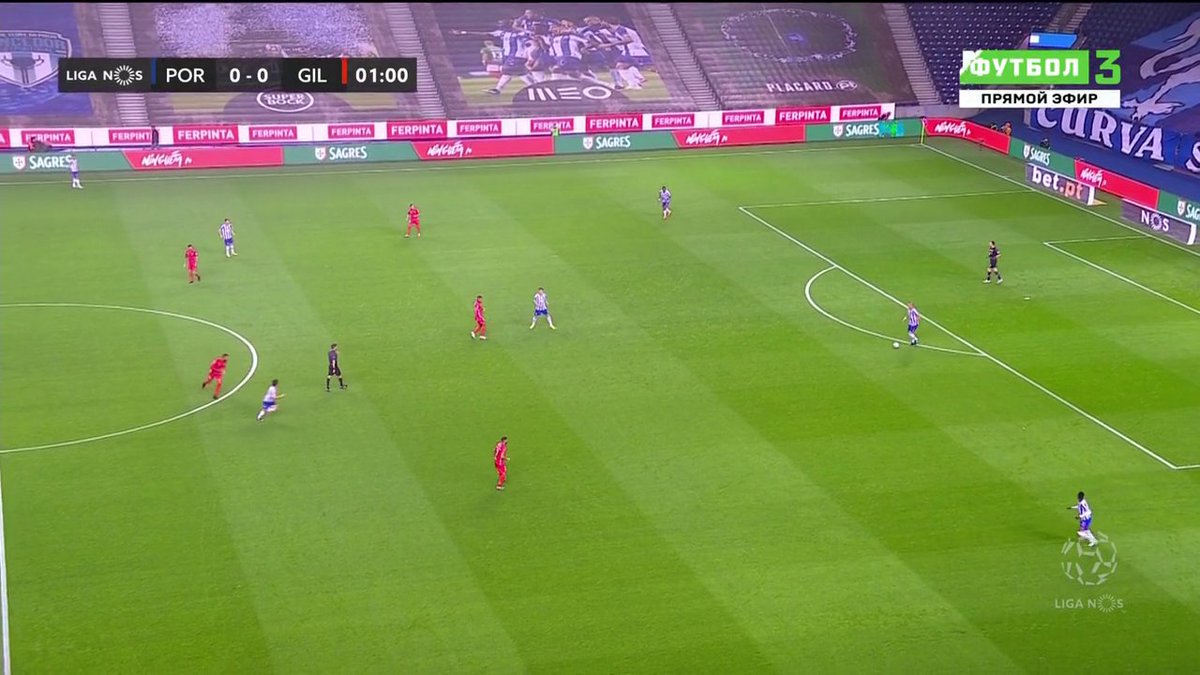
📗Last month I finished Leaders Eat Last by @simonsinek and I want to share with you some of my favorite insights.
🧭More than being a book about how to be a good leader, it's a book on why we need great leadership, what it looks like and how we suffer without it.
Let's go👇
🧭More than being a book about how to be a good leader, it's a book on why we need great leadership, what it looks like and how we suffer without it.
Let's go👇

1️⃣ The cultures that we love to rave about aren't just built by leaders. But they go first.
Great organizations have great cultures. To build these cultures we need leaders providing cover from above, so people on the ground, feeling safe, can just look out for each other.
Great organizations have great cultures. To build these cultures we need leaders providing cover from above, so people on the ground, feeling safe, can just look out for each other.
2⃣ The best leaders will establish relationships with you.
It's through being social that we get to know each other, form relationships, and gain trust.
When we lead it makes a difference to roam the office/factory/warehouse/etc and truly engage with the people we work with.
It's through being social that we get to know each other, form relationships, and gain trust.
When we lead it makes a difference to roam the office/factory/warehouse/etc and truly engage with the people we work with.
3⃣ Leaders have a plan designed for them. They just need to find the best way to execute it.
➡️Teach your people the rules of the game you are playing;
➡️Train them so they become competent at that game;
➡️Build their confidence;
➡️Step back and trust.
➡️Teach your people the rules of the game you are playing;
➡️Train them so they become competent at that game;
➡️Build their confidence;
➡️Step back and trust.
4⃣ Our best products come from engaged employees who invented, tested, and built them. Not from the right numbers on an excel sheet.
Leaders bring you more of the former, and managers more of the latter. What others foster is one thing and what you want to become is another.
Leaders bring you more of the former, and managers more of the latter. What others foster is one thing and what you want to become is another.
5⃣ The benefits of relationships: "Our" scrum master and "The" head of department.
Knowing your people makes a difference. We start looking at each other like family, feel responsible for their well-being, and in turn, those in the group start to show ownership for their leader.
Knowing your people makes a difference. We start looking at each other like family, feel responsible for their well-being, and in turn, those in the group start to show ownership for their leader.
6⃣ What are leaders supposed to do all day? Taking knowledge where it's supposed to go.
The best leaders share what they know and ask the right people for help. They foster relationships and create networks and give authority to those closest to the problem. Poor leaders don't.
The best leaders share what they know and ask the right people for help. They foster relationships and create networks and give authority to those closest to the problem. Poor leaders don't.
7⃣ The best rewards can have the worst of impacts.
The majority of our incentives are based on hitting number-based goals like X% growth every year and receive number-based rewards for doing it.
There is nothing that encourages a fight for a cause, a long-term vision.
The majority of our incentives are based on hitting number-based goals like X% growth every year and receive number-based rewards for doing it.
There is nothing that encourages a fight for a cause, a long-term vision.
8⃣ Great leadership is about providing the right mission to your people, not solving their problems.
What gets us moving is when leaders offer us a reason to become a better version of ourselves by overcoming a challenge only matched by our potential.
What gets us moving is when leaders offer us a reason to become a better version of ourselves by overcoming a challenge only matched by our potential.
🎯Being a leader is a commitment to the wellbeing of our people and to make sacrifices for their best interests. It's hoping that after we are gone we leave behind people that will take our mission as theirs and do it better than us.
“Let us all be the leaders we wish we had.”
“Let us all be the leaders we wish we had.”
📝 There are still more interesting principles to discover in the book or in my not so concise #booknotes which you can find here:
filipesilva.me/notes/leaders-…
filipesilva.me/notes/leaders-…
• • •
Missing some Tweet in this thread? You can try to
force a refresh











